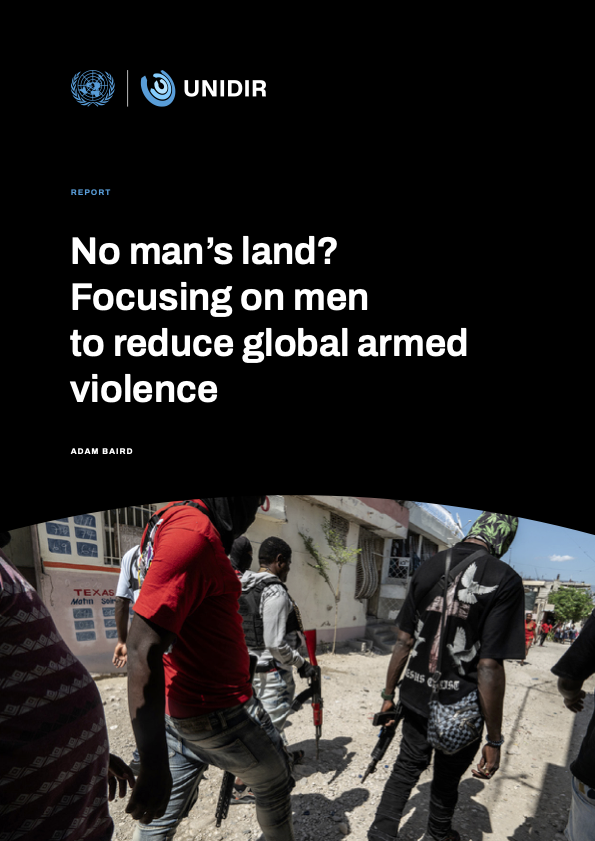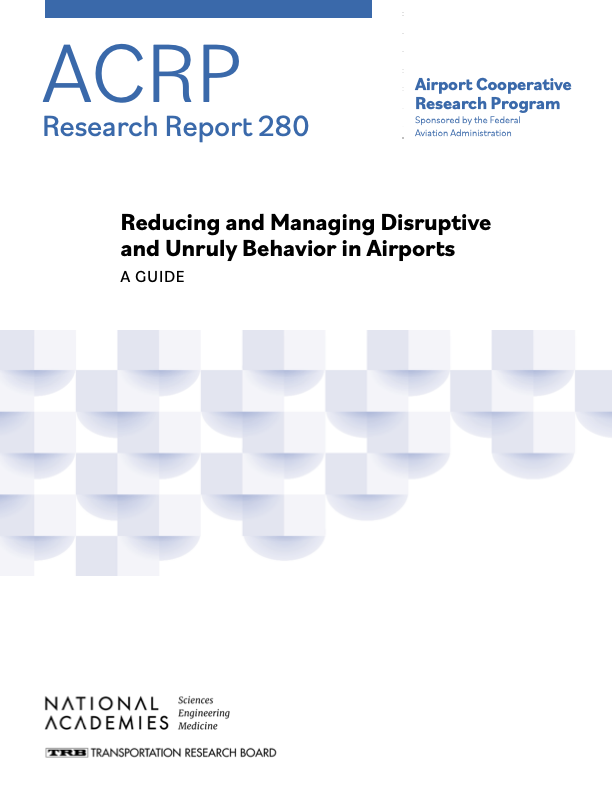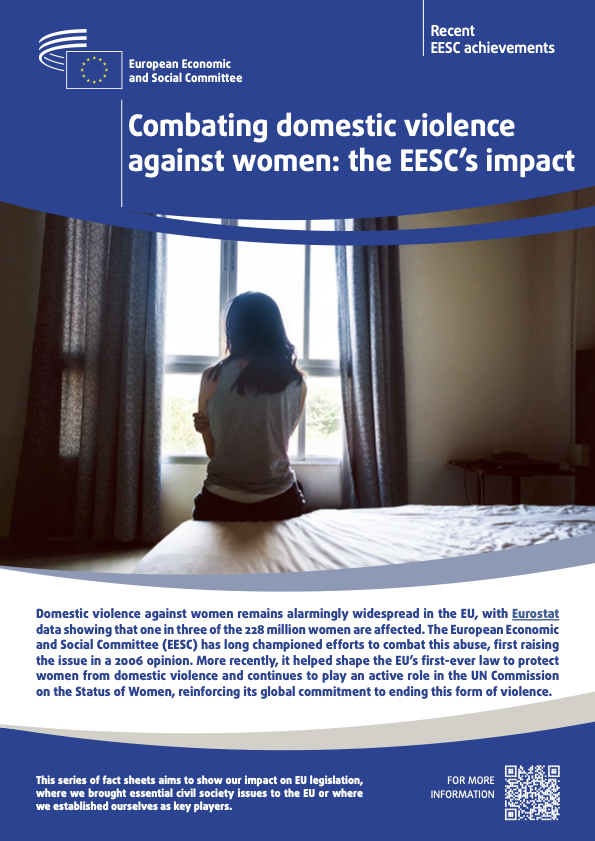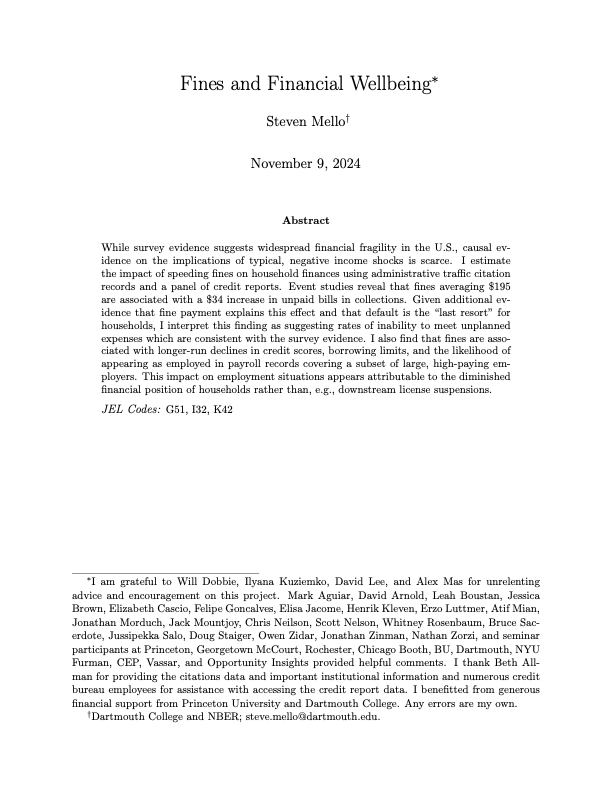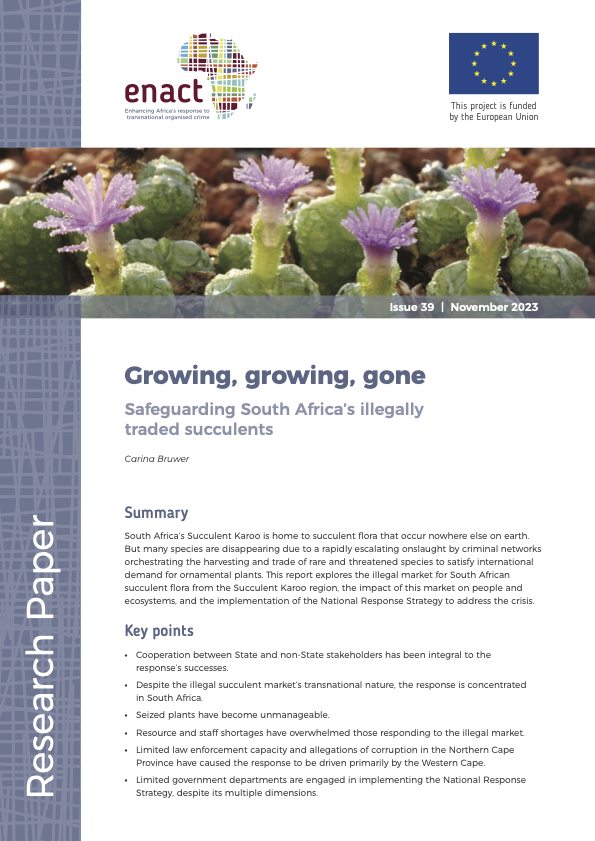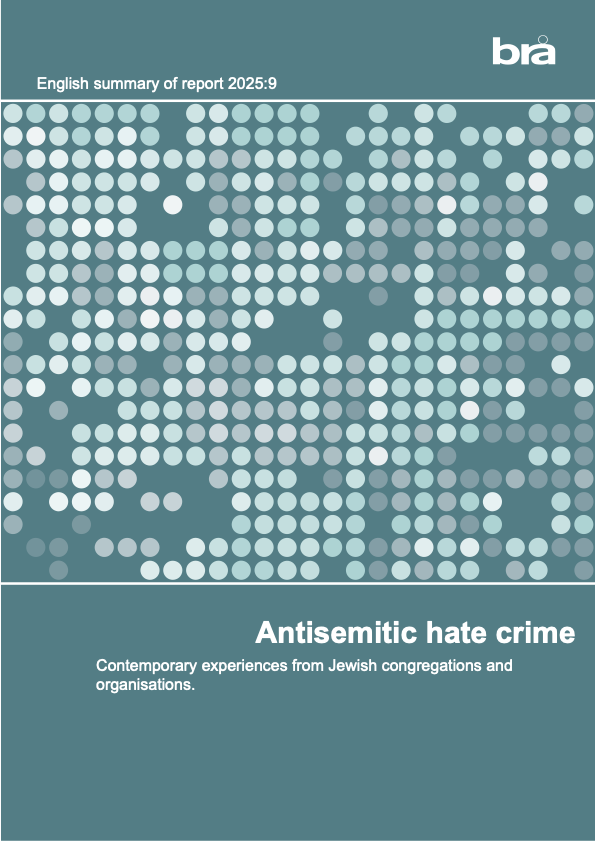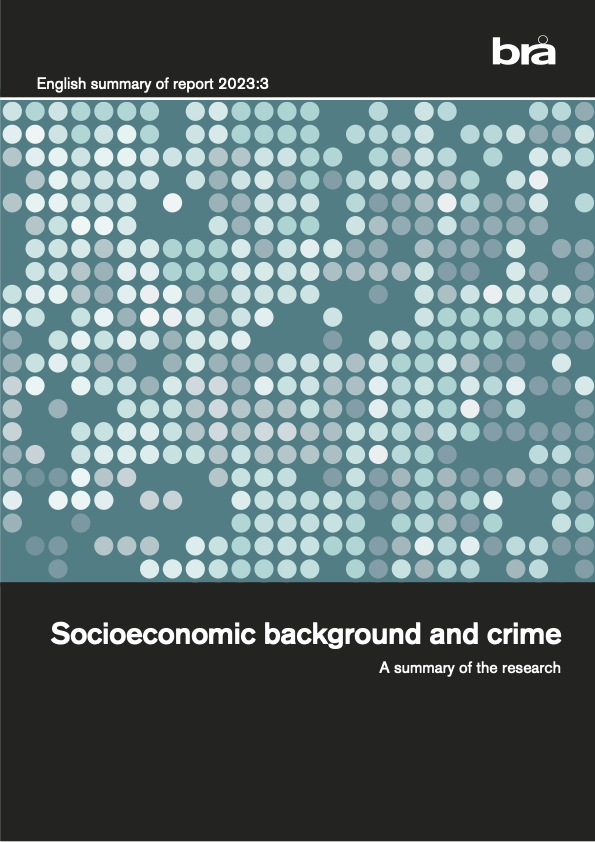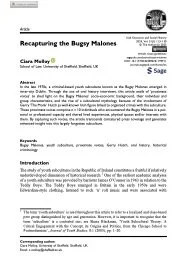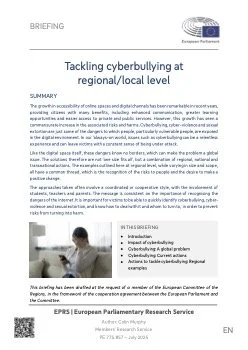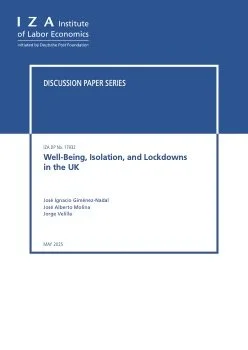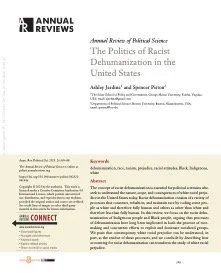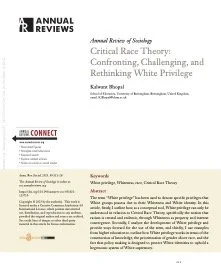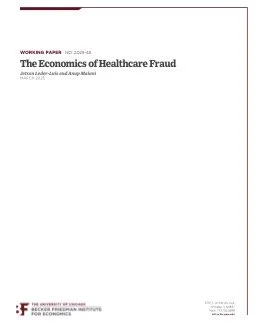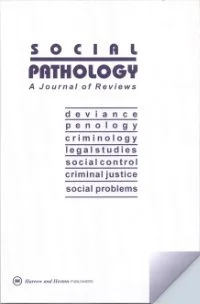Domestic violence against women remains alarmingly widespread in the EU, with Eurostat data showing that one in three of the 228 million women are affected. The European Economic and Social Committee (EESC) has long championed efforts to combat this abuse, first raising the issue in a 2006 opinion. More recently, it helped shape the EU’s first-ever law to protect women from domestic violence and continues to play an active role in the UN Commission on the Status of Women, reinforcing its global commitment to ending this form of violence.
The first ever EU-wide legislation to fight violence against women and domestic violence.
In 2024, the EU adopted the first ever law to combat violence against women. The EESC directly contributed to this EU directive, which incorporated key provisions of our opinion:
a comprehensive definition of violence: the directive criminalises various forms of violence against women, such as female genital mutilation and cyber violence, aligning with the EESC’s call for a broad definition;
adopting an intersectional approach: the directive acknowledges the greater vulnerability of certain groups, including women with disabilities and migrant women, and calls for tailored support measures;
enhanced support services: the directive provides for specialised support services for victims, in line with the EESC’s emphasis on comprehensive victim support.
In addition, the EU set up the 116 016 EU-wide helpline number for victims of violence against women.
The EU directive not only criminalises various forms of violence, but also provides for the creation of victim support services and mandatory training for law enforcement, along with preventive measures such as awareness campaigns and educational programs. It also ensures cross-border cooperation and protection for victims, with legal procedures that are harmonised across EU Member States.
Member States will have until 14 June 2027 to transpose the directive into their national law and policy.
Strengthening EU measures:
The EESC recently adopted a further opinion, which identifies shortcomings in the directive and seeks to further strengthen EU-wide measures. It calls for:
a broader definition of violence against women (institutional violence, prostitution, chemical submission, pornography, etc.);
violence against women to be added to the list of EU crimes;
comprehensive sexuality education at all stages of education;
specific focus on women with disabilities and other vulnerable groups.
Taking action on the global stage
The Committee’s participation in the 69th session of the UN Commission on the Status of Women (UNCSW) provided an opportunity to reiterate the EESC’s position and recommendations on the issue of equality of women and the fight against gender-based violence. The EESC called for the direct involvement of civil society organisations in shaping national and regional plans to end violence against women. The political declaration adopted at the end of the session reaffirmed the global commitment to gender equality, including the commitment to end gender-based violence.
Looking ahead
The EESC remains committed to combating domestic violence and violence against women in general. It will continue its efforts to have newly emerging forms of violence recognised in the EU, such as ‘sexual digital forgeries’ or ‘deepfakes’. In June 2025, the EESC also adopted a resolution on Supporting the Declaration of principles for a gender-equal society, backing the European Commission’s Roadmap for Women’s Rights. This will guide the Committee’s policy agenda on gender equality in the long term.
European Economic and Social Committee, 2025. 2p.


